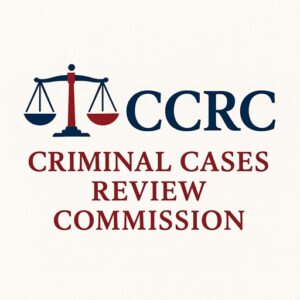The term McKenzie Friend stems from the landmark case of McKenzie v McKenzie in 1970 (McKenzie v McKenzie [1970] 3 WLR 472 CA), where a husband sought assistance from a non-legally qualified friend to represent him in court during divorce proceedings.
The Court of Appeal, in their judgment made in 1970, recognised that litigants, especially those without legal representation, could benefit from such support. Consequently, the role of McKenzie Friends was officially acknowledged, allowing individuals to accompany and assist Litigants in Person (LIP) in court.
In 2005 the Court of Appeal, in the matter of the children of Mr O’Connell, Mr Whelan and Mr Watson, further clarified the role of McKenzie friends.
Article 6 of the ECHR is engaged in any application by a litigant in person for the assistance of a McKenzie friend. Furthermore, in our judgment, two clear propositions stand out from the authorities as they apply to family proceedings.
These are:
(1) that the presumption in favour of the litigant being allowed the assistance of a McKenzie friend is a strong one; and
(2) that such a request should not be refused without good reason, even where the proceedings relate to a child and are being heard in private.
[2005] EWCA Civ 759 – LORD JUSTICE THORPE and LORD JUSTICE WALL
Article 6 of the Human Rights Act 1998 makes it unlawful for a public authority to act in a way that is incompatible with a person’s rights under the European Convention on Human Rights.
Role and Responsibilities of McKenzie Friends
McKenzie Friends are volunteers, friends, family members, or sometimes paid advisors, who assist litigants in various ways. They are not lawyers, but their involvement can be valuable.
A McKenzie Friend can help litigants by providing emotional support, taking notes during proceedings, offering practical advice, and helping with case preparation.
However, it is essential to note that McKenzie Friends cannot address the court directly or act as legal representatives.
Practice Guidance: McKenzie Friends (Civil and Family Courts)
In July 2010, the role of McKenzie Friends was formalised through the issuance of Practice Guidance by the then Master of the Rolls and the President of the Family Division.
The guidance aims to ensure a consistent and fair approach across the civil and family courts when dealing with McKenzie Friends. This Practice Guidance is essential in establishing the parameters and responsibilities of McKenzie Friends in court proceedings.
Guidance from the President’s Office- McKenzie Friends
A guidance document was published by the then President of the Family Division in 2005.
The Courts and Tribunal Judiciary list both guidance documents on their McKenzie Friend webpage.
Reforming the courts’ approach to McKenzie Friends
A consultation paper entitled Reforming the courts’ approach to McKenzie Friends was published by the Lord Chief Justice in February 2016.
A Consultation Response Reforming the courts’ approach to McKenzie Friends was published by the Lord Chief Justice in February 2019
Notice of McKenzie Friend
Here is a an example Notice of McKenzie friend which should be completed and handed to the usher before the hearing starts. If you are attending a remote hearing, then you should email the court before the start of the hearing.
There is no legal requirement to share this form with the other party (Family or Civil Proceedings).
(2) Paragraph (1) applies to any communication in which any representation is made to the court on a matter of substance or procedure but does not apply to communications that are purely routine, uncontentious and administrative.
FAMILY PROCEDURE RULE 5.7 – PART 5: FORMS, START OF PROCEEDINGS AND COMMUNICATION WITH THE COURT
This practice direction supplements Part 5 of the Family Procedure Rules 2010
1. Rule 5.7(1) FPR 2010 makes provision in relation to the requirement to disclose and, if in writing, to copy any communication with the court to the other parties or their representatives. Exceptions to the requirement are specified in rule 5.7(2), (3) and (7) FPR 2010. This practice direction supplements rule 5.7(7) FPR 2010.
FAMILY PRACTICE DIRECTION 5C – COMMUNICATIONS WITH THE COURT
Court Refusal of the Request for Assistance from a McKenzie Friend
The purpose of allowing a litigant in person the assistance of a McKenzie friend is to further the interests of justice by achieving a level playing field and ensuring a fair hearing.
We endorse the proposition that the presumption in favour of allowing a litigant in person the assistance of a McKenzie friend is very strong, and that such a request should only be refused for compelling reasons.
Furthermore, should a judge identify such reasons, (s)he must explain them carefully and fully to both the litigant in person and the would-be McKenzie friend.
[2005] EWCA Civ 759 – LORD JUSTICE THORPE and LORD JUSTICE WALL
Check out our articles on Litigants in Person, Horsham County Court, HHJ Farquhar, HHJ Bedford, R v Sussex Justices, Rule of Law and the highly dubious Sussex Family Justice Board.

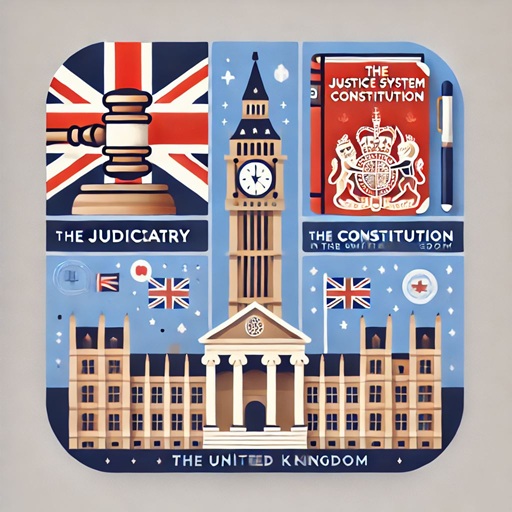

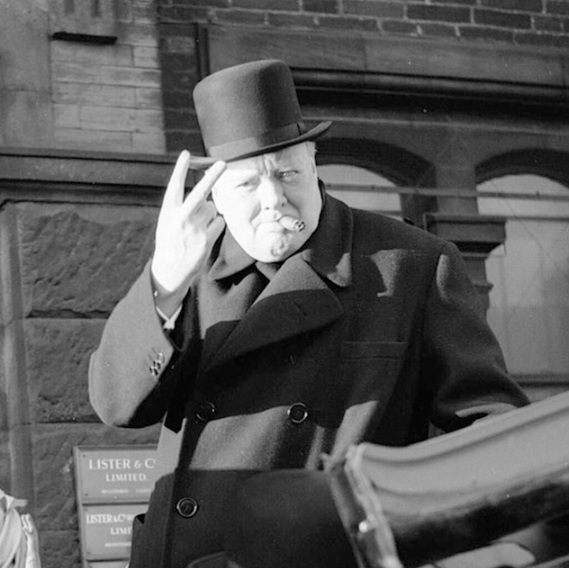
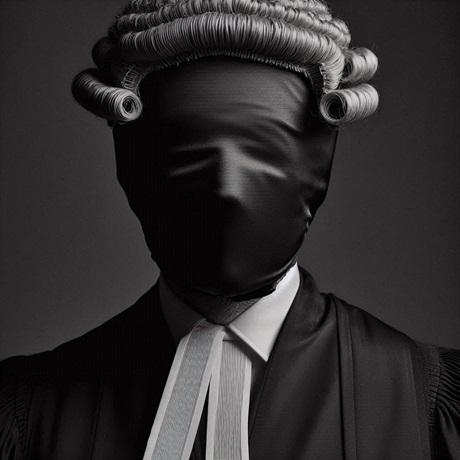
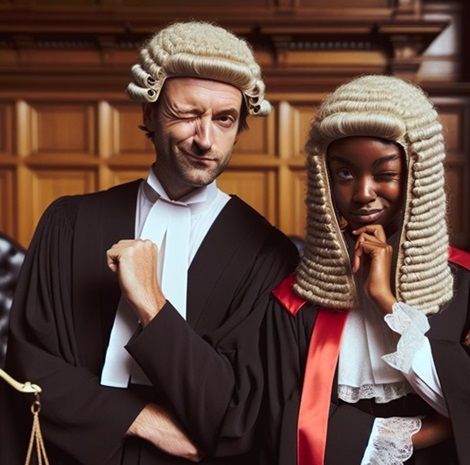
The Ministry of Injustice is not the Ministry of Justice nor is it affiliated in any way with the justice system, legal profession or any law enforcement agencies.
Most Popular ↓

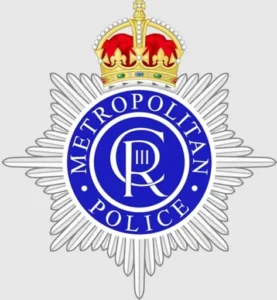


What is Policing by Consent ? What is Two Tier Policing ?
Latest Articles ↓
- Can a Solicitor or Barrister Mislead a Court ?In England and Wales, the legal system demands integrity and truth from all legal professionals involved in court proceedings. Solicitors and barristers are bound by… Read more: Can a Solicitor or Barrister Mislead a Court ?
- What is the Forensic Science Regulator ?Forensic science is a cornerstone of modern criminal justice, providing critical evidence that can make or break a case. However, the reliability and accuracy of… Read more: What is the Forensic Science Regulator ?
- What is the Criminal Cases Review Commission ?The Criminal Cases Review Commission (CCRC) stands as a vital institution within the criminal justice system, dedicated to investigating potential miscarriages of justice. Established in… Read more: What is the Criminal Cases Review Commission ?
- Did Bobby Vylan and the BBC break the law at Glastonbury 2025 ?The performance by Bob Vylan at Glastonbury 2025, where frontman Bobby Vylan (reportedly Pascal Robinson-Foster) led chants of “death, death to the IDF” and “from… Read more: Did Bobby Vylan and the BBC break the law at Glastonbury 2025 ?
All Articles can be found in the Legal Blog or Sitemap.
You should always seek formal legal advice from a qualified and reputable lawyer (solicitor or barrister).
‘Justice delayed is justice denied’
William Ewart Gladstone
There are a number of links to Free and Paid For Legal Resources and Legal Organisations on the Free Legal Advice , Legal Aid and Pro Bono pages.
McKenzie Friend was last updated on the 8th July 2025



